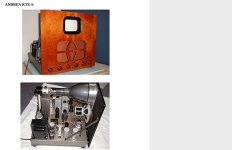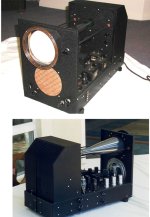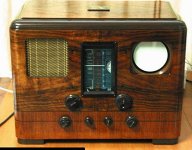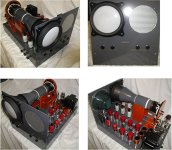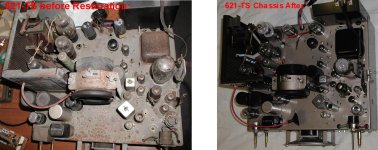Didn't sell at $4000 and dozens of bids.
Bumped the price to $9500.
Do you see why I'm so confused and resentful? Dude's in it for the money and nothing else.
Well there is no need to be confused and resentful.
What happened here is that the seller failed to understand one thing:
Anything is only worth what somebody is prepared to pay for it. So perhaps they should contact the high bidder (who obviously put in a very sensible offer) and beg them for forgiveness and plead to complete the deal.
The trouble is people get greedy.
Somebody put "ideas into their heads" about what something will sell for, the dollar signs flash in their eyes and they are blinded to reality.
For something like this DEC computer, it would take a lot of work from a dedicated enthusiast interested in the preservation of vintage computer technology, so as to get it restored and up and running (if not it is about as interesting as a concrete garden Gnome that you could get for $10 at any hardware store).
I could restore it I'm sure, as I'm good with hardware and I could also afford to buy it too, if I wanted.
But, nobody likes being taken for a Chump.
It doesn't matter if its $100, $1000, $10,000, $100,000 etc,, there still is some expectation that what you buy should be acceptably priced. If it is not, it makes the seller look like a con man, and the buyer look like an idiot.

